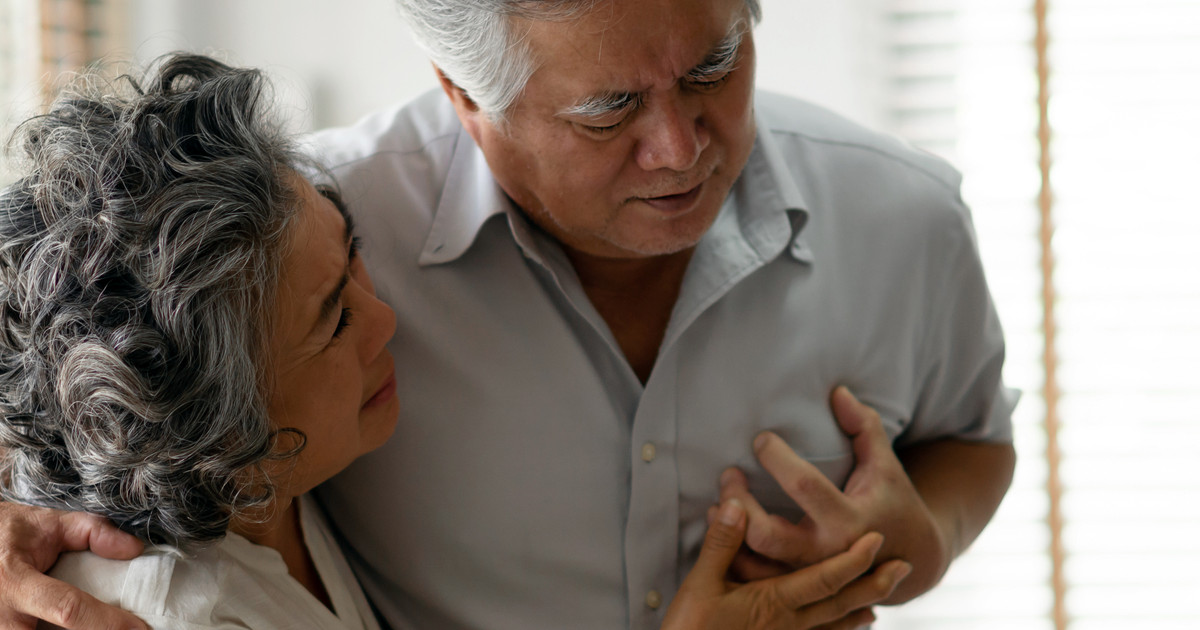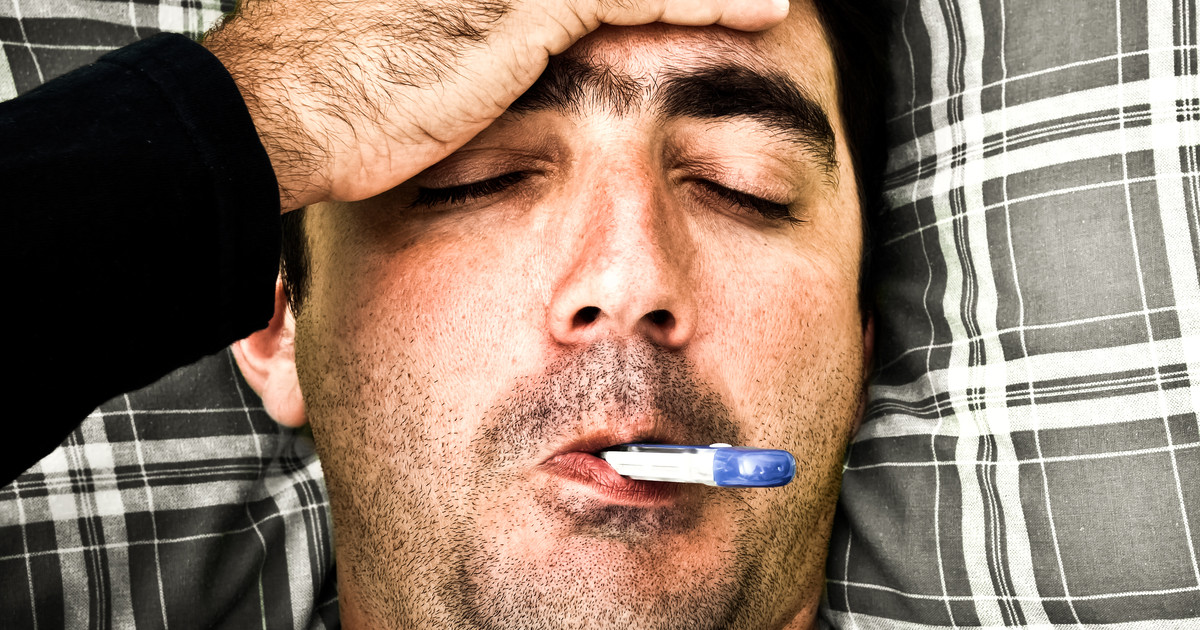What Is Colchicine?
Possible Side Effects
Colchicine appears to have many possible side effects. The most common ones may include pain in the abdomen, diarrhea, vomiting, and nausea. Patients may want to tell their doctor when they experience these effects even though they are common. Less common side effects seem to be fever, chills, headaches, and blood in the stool. Some patients may see blood in their urine as well. Their stool may look black or tarry due to the blood. Other patients may have trouble breathing when they are exercising if they take this medication.
Individuals taking this medication may experience skin peeling, redness, or hives. A burning sensation on their skin may occur as well. Other rare side effects seem to include a sore throat, sores in their mouth or on their lips, as well as numb fingers or toes. Patients appear to need emergency attention if their lips, tongue, or palms turn gray or pale. They may also need this attention for signs of an infection.
Get the details on the potential precautions next.
Potential Precautions
This medication may not be safe for all patients. Thus, they should consider talking about their medical history with their doctor first. A history of liver disease, kidney disease, and heart issues may mean that they cannot take colchicine. Other conditions seem to do this as well. Women may not be allowed to take this medication without contraception, as it appears to be unsafe for them if they are pregnant or breastfeeding. Some men may deal with reduced fertility due to this medication. Other issues that seem to make this medication inappropriate include low white or red blood cells, low platelets, or bone marrow function problems. This medication already seems to lower white blood cells and platelets. Thus, colchicine may put individuals at a higher risk of infection and easy bruising as a result.
Patients may want regular blood tests when they take this medication. Avoiding contact sports and individuals with infections also appears to be helpful. Grapefruit seems to increase colchicine concentration, so patients may want to avoid this fruit or risk more side effects. Individuals may take this medication without food, though doing it with food seems to reduce discomfort in their stomach.
Uncover information on the possible medication interactions next.

